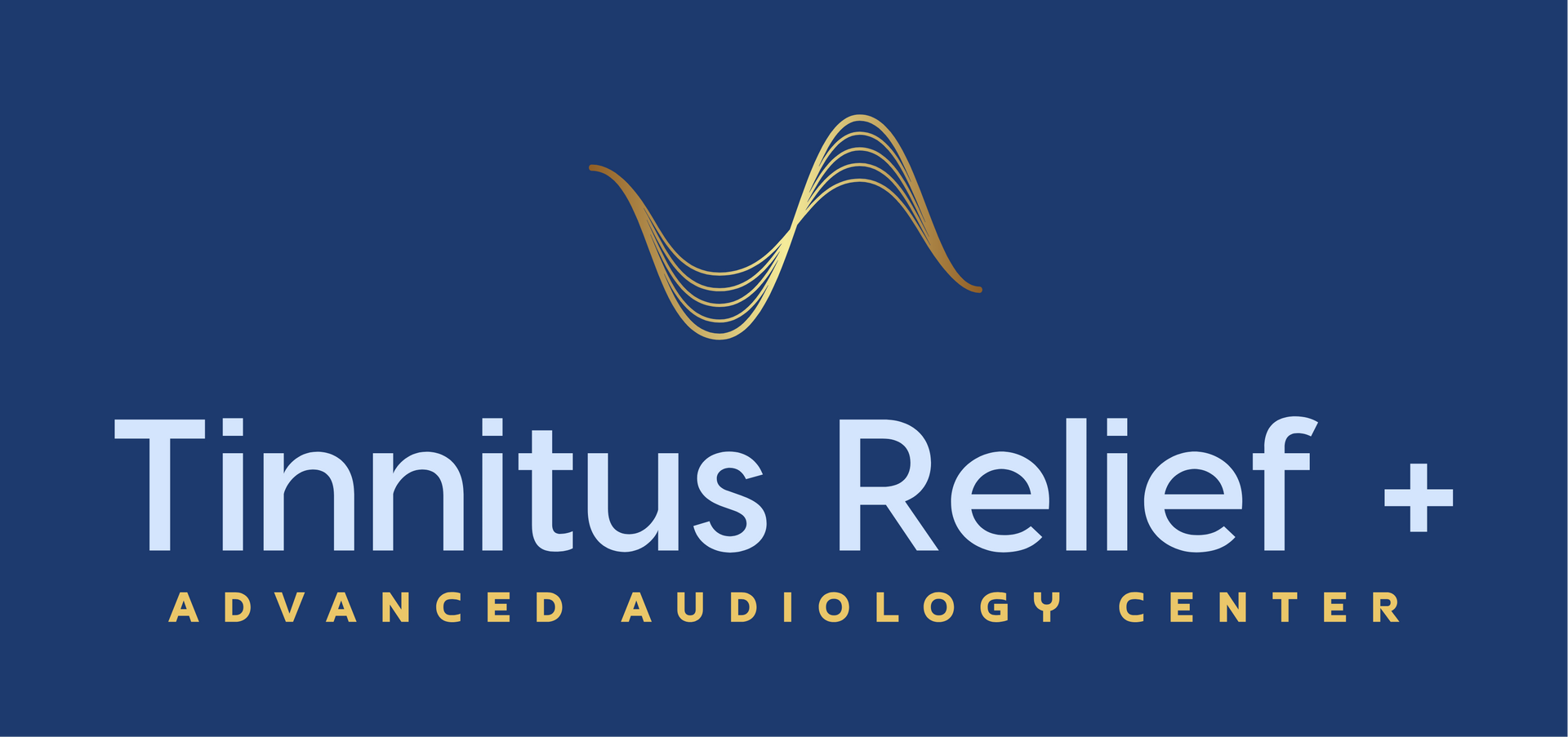From Suffering to Success
Evidence-Based Results from Cincinnati's Tinnitus Specialists
Medication-Induced Tinnitus: From Crisis to Relief
The challenge
A 56-year-old professional developed sudden, severe bilateral tinnitus after taking high-dose steroids and ibuprofen for a back injury. Within weeks, the "sharp" ringing sound was disrupting her sleep and daily function, leading to new anxiety and the need for sleep medications.
Initial Assessment:
- Tinnitus Severity: THI Score 92 (Catastrophic)
- Sleep Impact: Severe insomnia requiring medication
- Emotional Impact: New onset anxiety and depression
- Duration: 3 months of suffering before finding our practice
Our Approach
After comprehensive evaluation, we identified this as Category 1 Tinnitus (bothersome tinnitus without hyperacusis). Our treatment focused on:
- Neurophysiological education about how tinnitus develops and can improve
- Sound therapy using specialized ear-level devices to provide prescriptive sound therapy
- Sleep medicine referral for comprehensive care
- Ongoing support through our systematic follow-up program
Just 2 weeks after treatment:
- THI Score: Improved from 92 to 56 (Catastrophic to Moderate)
- Sleep Quality: Significant improvement
- Daily Function: Return to normal activities
- Patient Feedback: "Overall improvement in tinnitus annoyance"
Why This Case Succeeded
✓
Early intervention
within 3 months of onset
✓
Comprehensive assessment
identifying medication triggers
✓
Targeted treatment
based on TRT categorization
✓
Multidisciplinary approach
addressing both auditory and psychological aspects
Sudden Onset Tinnitus: Emergency to Recovery
The challenge
A 69-year-old man experienced sudden bilateral tinnitus that triggered a medical crisis. Within days, severe sleep deprivation (only 4 hours in 4 days) and overwhelming anxiety led to an emergency department visit. Traditional approaches weren't providing relief for this devastating onset.
Initial Assessment:
- Tinnitus Severity: THI Score 88 (Catastrophic)
- Crisis Level: Emergency department visit required
- Hearing Status: High-frequency hearing loss discovered
- Emotional State: Severe anxiety, fight-or-flight response fully activated
Our Approach
Comprehensive evaluation revealed Category 2 Tinnitus (tinnitus with significant hearing loss). Rather than masking the tinnitus, we addressed the root cause:
- Hearing loss treatment as primary intervention
- Advanced hearing aids to restore high-frequency input
- Neurophysiological counseling emphasizing the hearing-tinnitus connection
- Coordinated care with existing medical team
Just 2 weeks after treatment:
- THI Score: Plummeted from 88 to 12 (Catastrophic to Slight)
- Sleep: No longer requiring sleep medications
- Tinnitus Awareness: "Unable to perceive his tinnitus at all the previous day"
- Life Impact: Complete return to normal daily activities
Why This Case Succeeded
✓
Proper diagnosis identifying hearing loss as the primary factor
✓
Treatment matching - amplification rather than masking
✓
Immediate intervention preventing chronic maladaptive patterns
✓
Root cause approach addressing underlying pathophysiology



